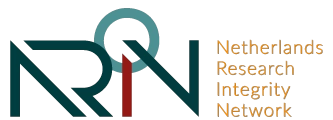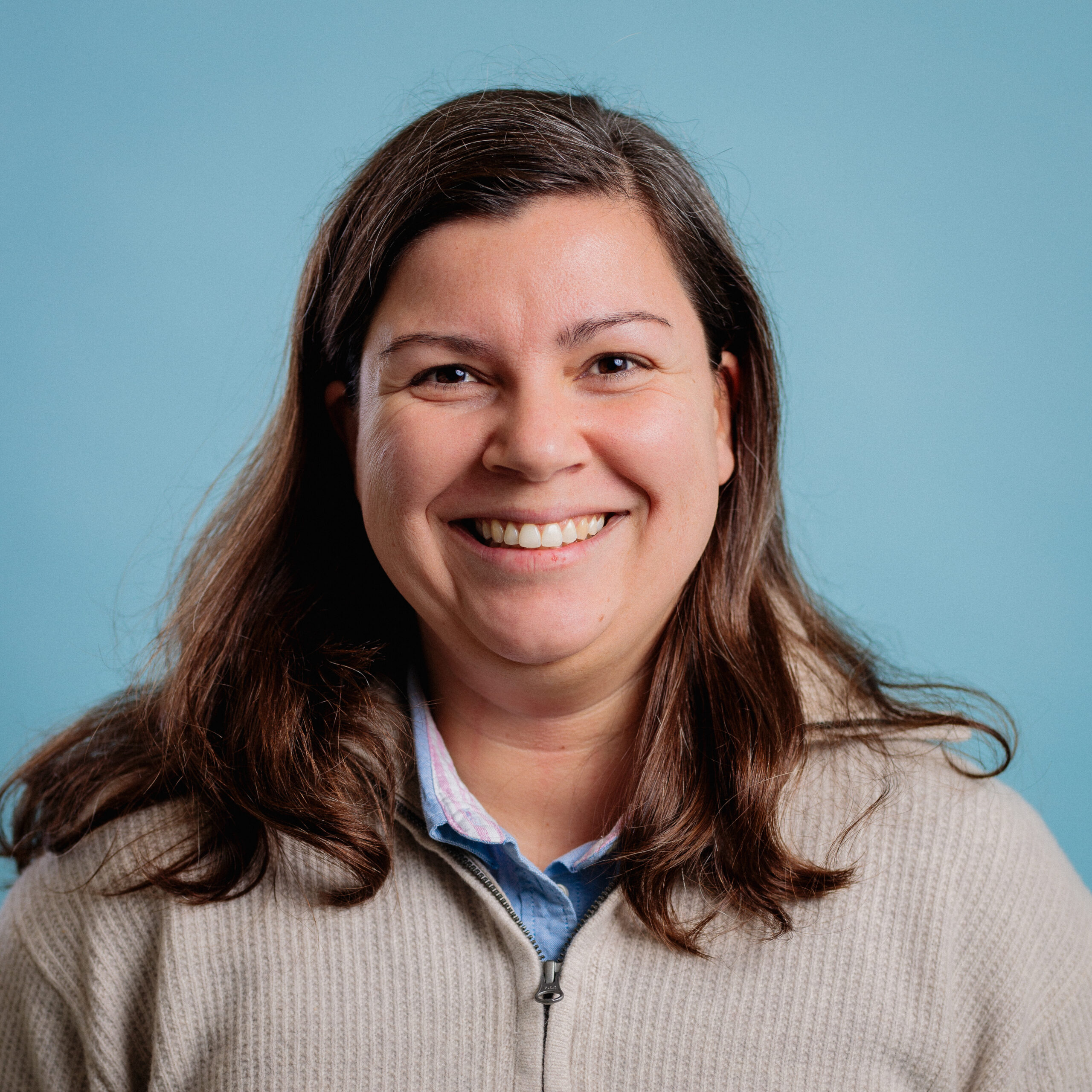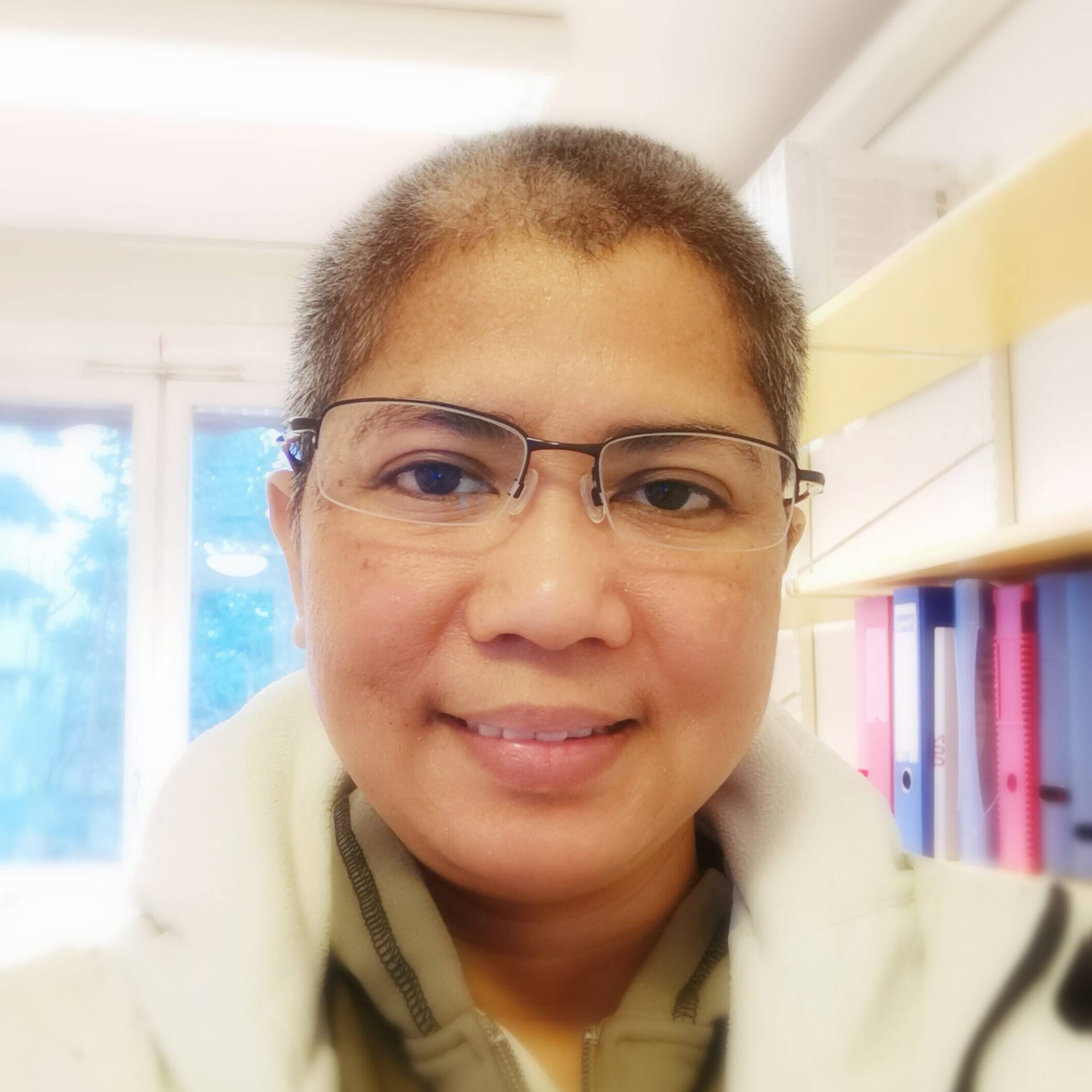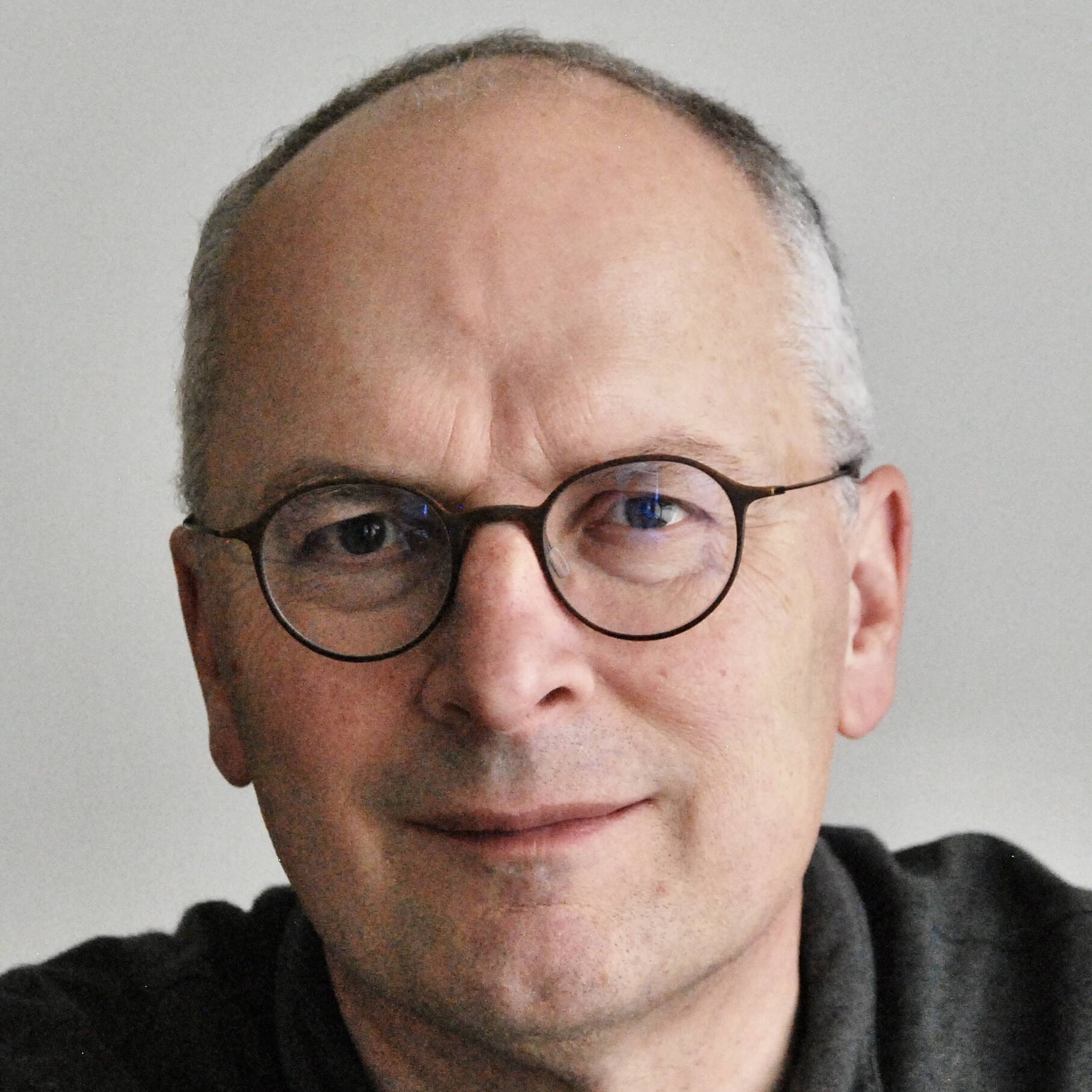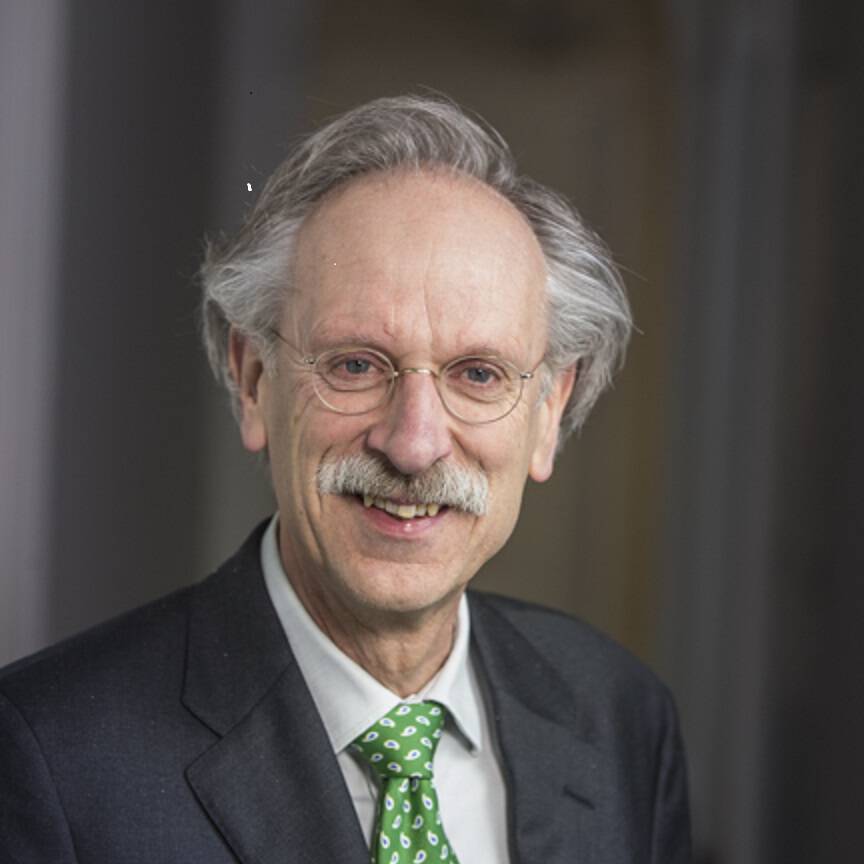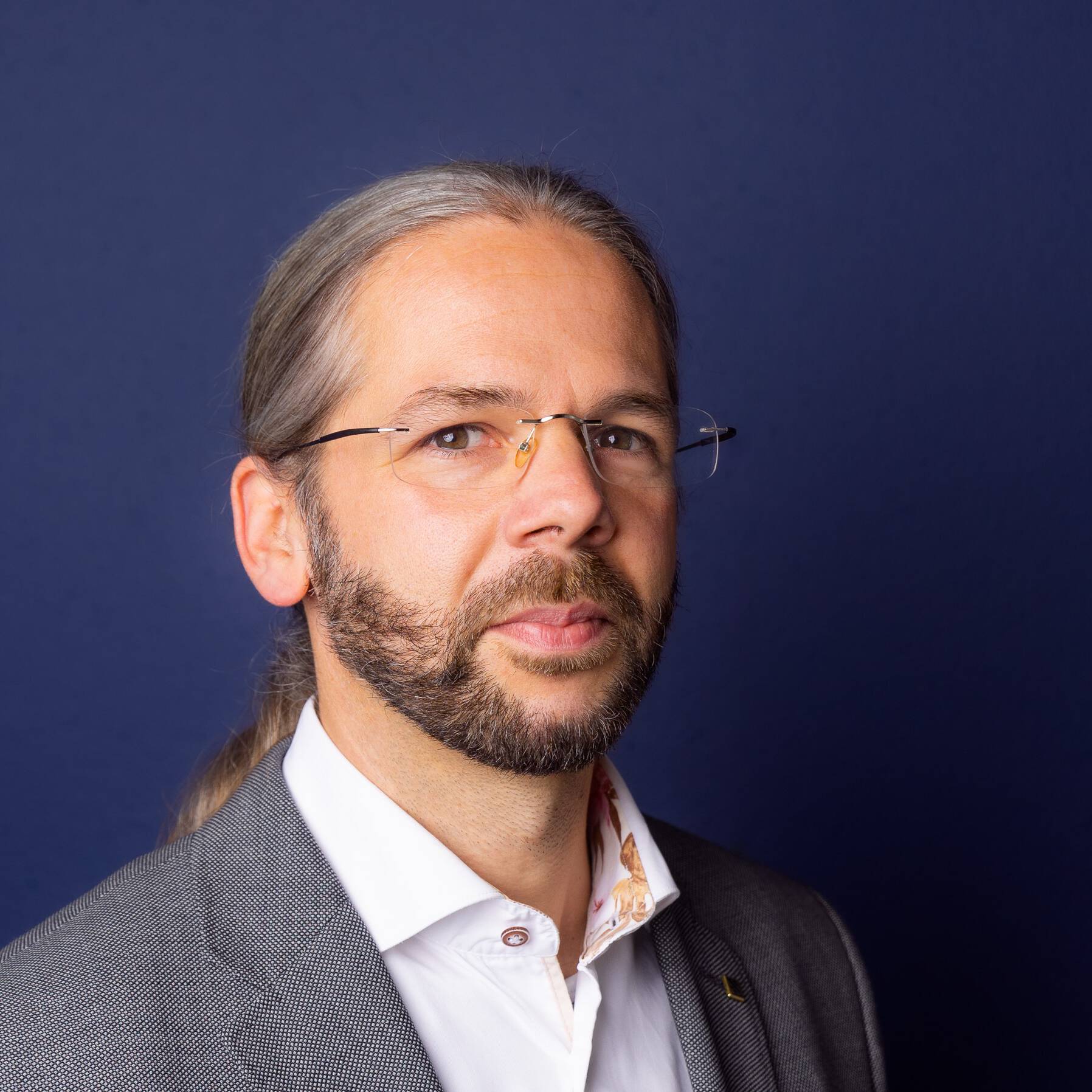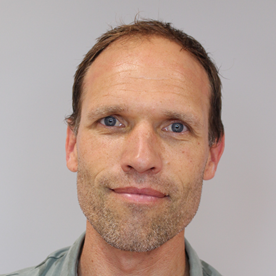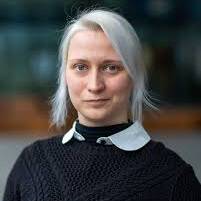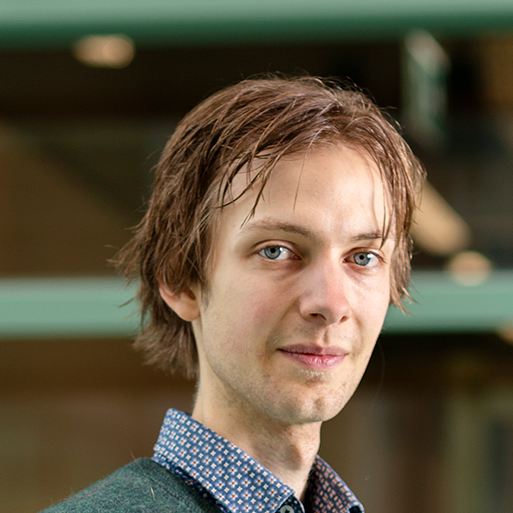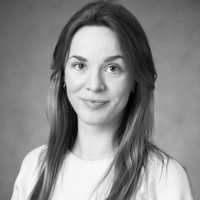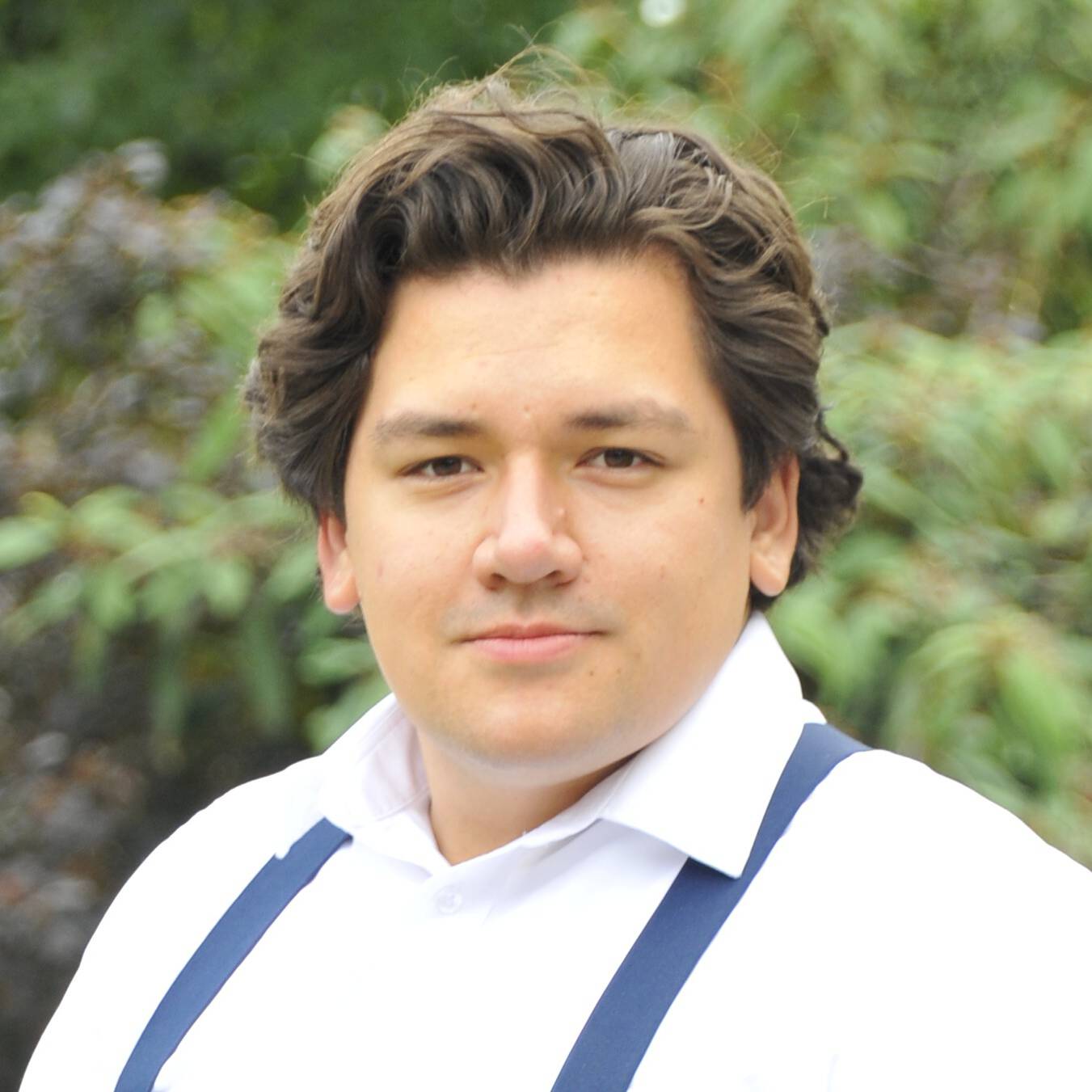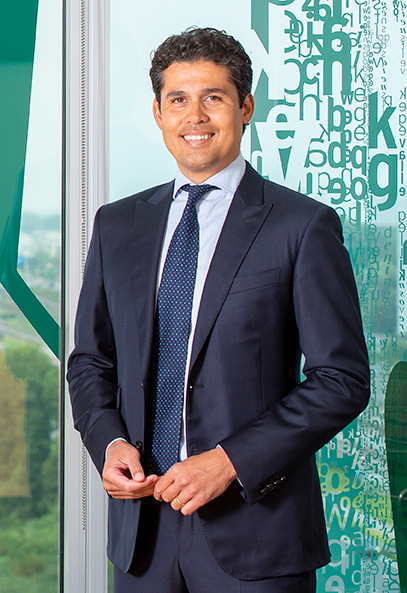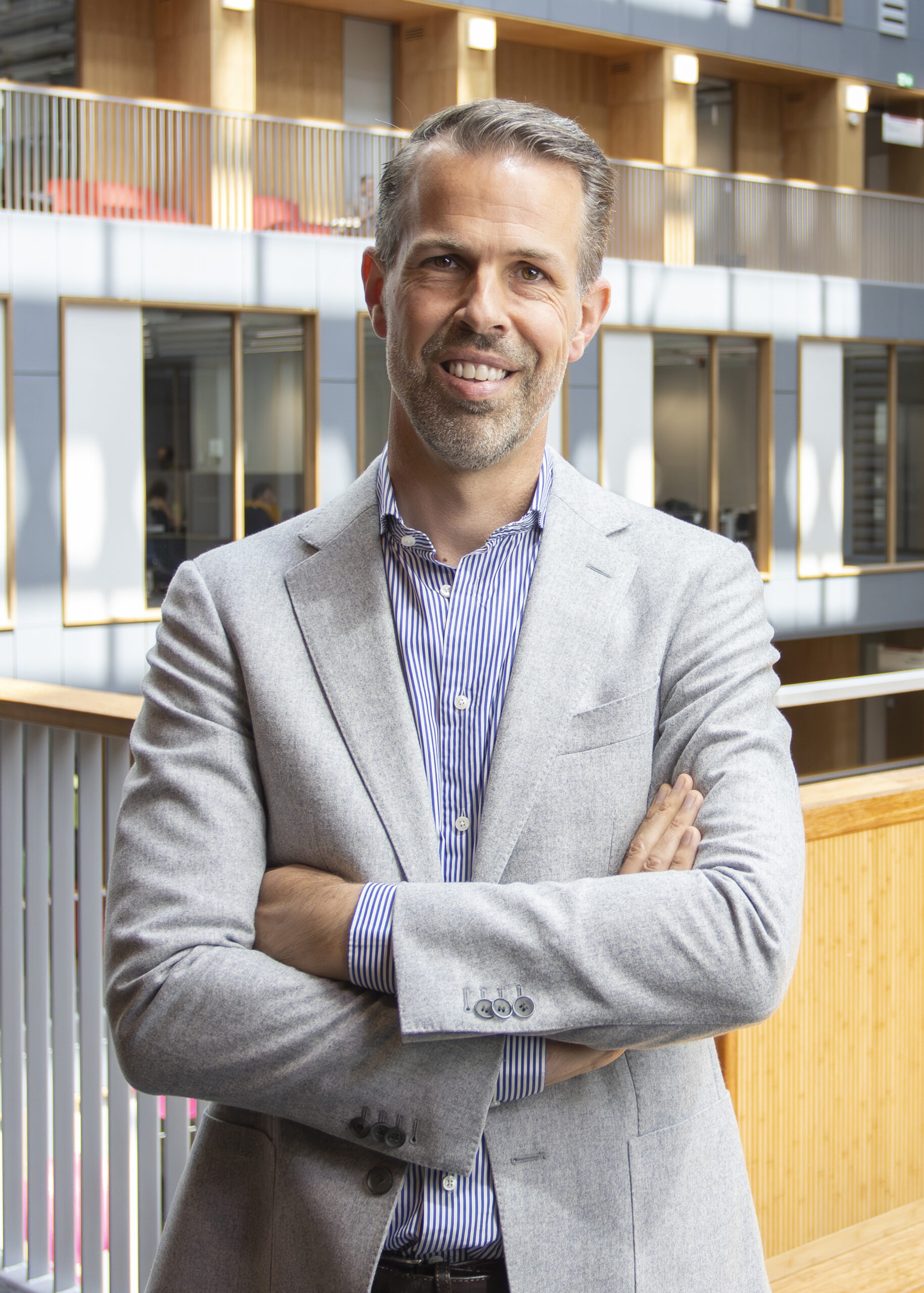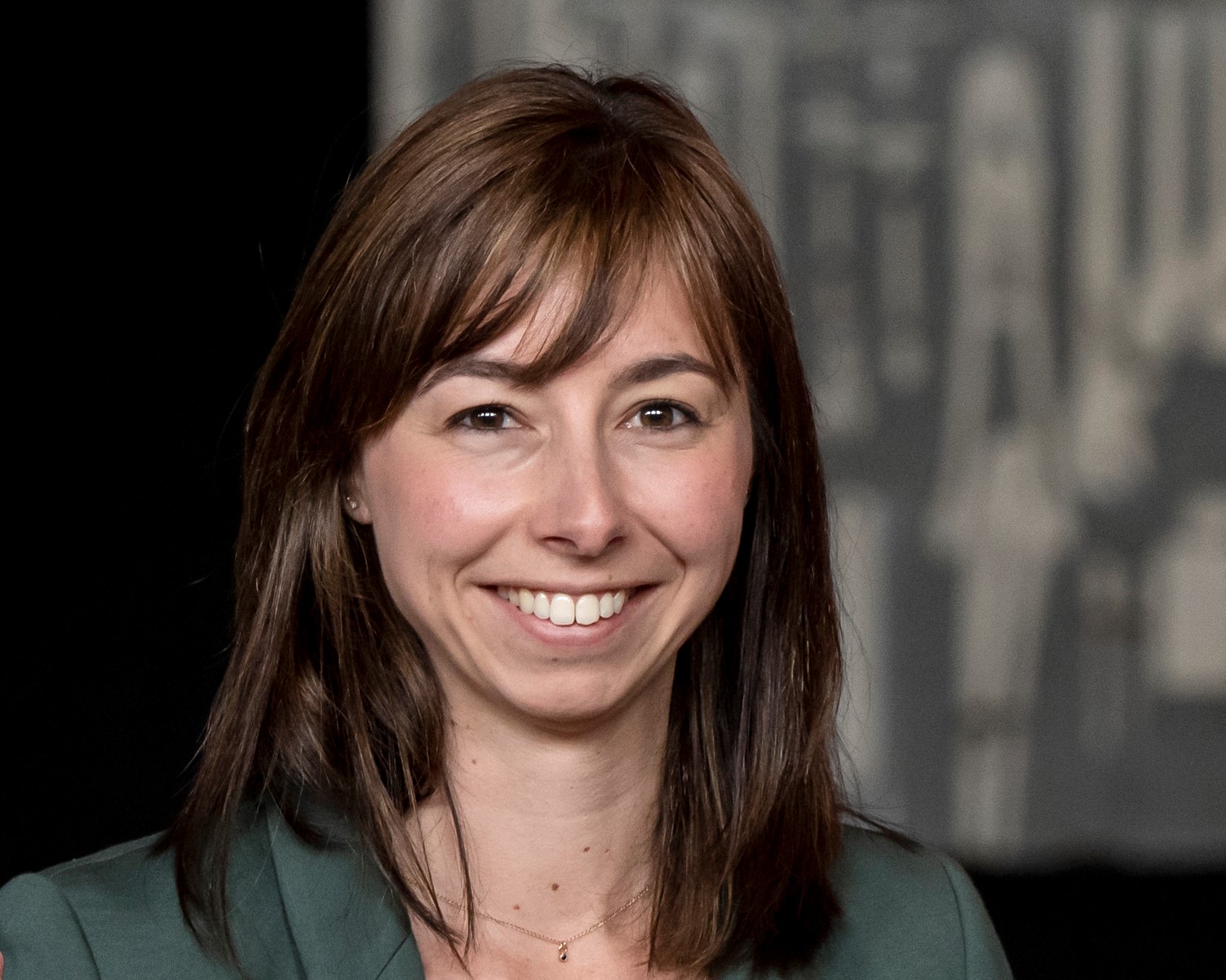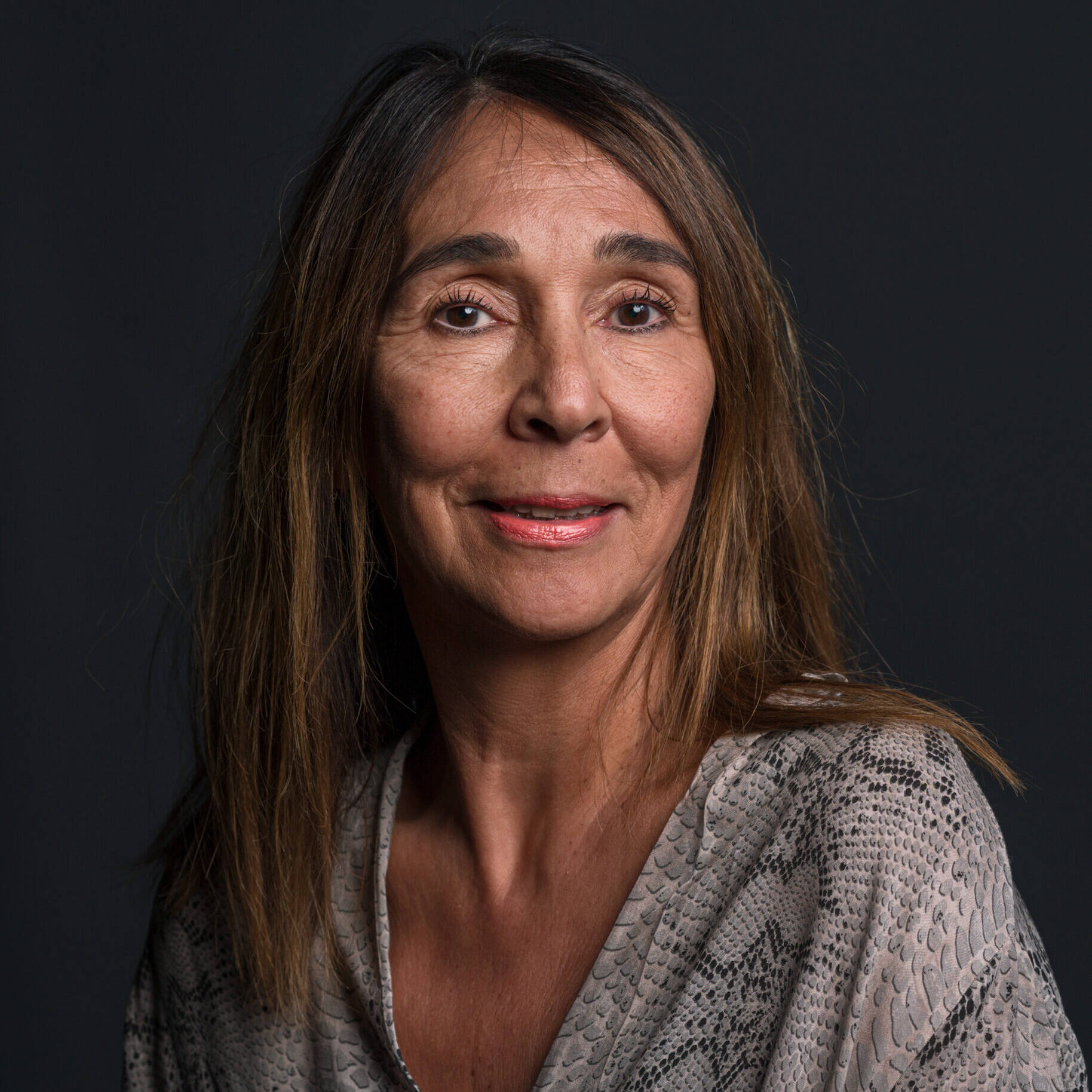NRIN Annual Symposium 2024
Shaping a Positive Research Culture at Higher Education Institutions (HEIs): needs, opportunities and challenges
When: 25th October 2024
Where: Geertekerk, Utrecht
We are excited to announce that the NRIN Annual Symposium 2024, with the central theme Shaping a positive Research Culture at Higher Education Institutions: needs, opportunities and challenges, will take place on 25th October 2024, at Geertekerk, Utrecht (see location here).
The Symposium will gather experts in the field to discuss practical approaches and interventions for catalysing effective transformations in shaping a positive research culture at higher education institutions.
The symposium is a free onsite event (registration required!) open to the Dutch and international academic and research communities. We welcome all those (including academic and non-academic staff, early and senior career researchers, and students) interested in research integrity, research ethics, and responsible research conduct to join us!
Contributions to the symposium are only possible by invitation from the NRIN Annual Symposium Organising Committee. We are not accepting abstract proposals.
All relevant information will be shared on the NRIN webpage, Newsletter and social media channels (X and LinkedIn).
Registration
Registration is closed! If you wish to attend the NRIN Symposium 2024, please send an email to the Organising Committee (info@nrin.nl).
Program & Book of Abstracts
Meet our Keynote speakers
Keynote 1 - Rethinking research misconduct in an Open Science environment
Abstract
Research misconduct within an Open Science framework goes beyond traditional definitions and includes failing to comply with the ethical principles of openness, transparency, and inclusivity demanded by Open Science. This necessitates a comprehensive view of integrity that respects the collaborative and accessible nature of research in the modern academic environment. It impacts ongoing efforts to rethink research misconduct, especially when considering environments rather than just individual actions. This presentation will elaborate on how Open Science broadens our understanding of research misconduct, including considerations on the environmental factors influencing it. It will specifically explore how research culture and institutional expectations shape misconduct, and provide provisional recommendations for rethinking research misconduct from a research ecosystem viewpoint within an Open Science context.
Biography
Rosemarie Bernabe is professor of research ethics and research integrity at the University of Oslo and was/is the project coordinator of several projects, most notably for this conference’s purpose, the Responsible Open Science in Europe Project (ROSiE) and Beyond Bad Apples: Towards a Behavioural and Evidence-Based Approach to Promote Research Ethics and Research Integrity in Europe (BEYOND). Prior to her post in Norway, Utrecht was home to her. It was in Utrecht she accomplished her master’s and PhD studies and started her career in research ethics.
Biography
Marcel Verweij is a Professor of Philosophical Ethics at Utrecht University. His research interests primarily concern public health ethics. In previous years, he served as a member or chair of various research ethics committees RECs at Unilever, TNO, and Wageningen University.
Keynote 2: Positive Research Culture - A Partnership Approach
Abstract
In this presentation, Dr. Rachel Herries of the University of Glasgow shares her perspective on the drivers that are shaping the concept of ‘positive research culture’ at UK higher education institutions, making a case for the importance of clarity of focus, and of shared ownership in enabling culture change. Using the University of Glasgow’s 2019-2024 approach as a change narrative, Rachel will discuss institutional responses to the recent moments which captured the national mood and the resulting and emerging policy drivers for research culture change. Opportunities have been created throughout the sector due to an increased sensitivity to the quality of the environment in which researchers work, and this talk asks whether the (new) requirements and expectations, placed upon organisations, acknowledge the importance of building and embracing connectivity and working in partnership both within our institutions and as a whole sector. Ensuring that research culture development isn’t an isolated ‘project based’ venture, but one that is woven into university research infrastructure, is key to enable us to fully adopt and embed change. Using examples from the University of Glasgow, Rachel will discuss how we:
- Have defined our research culture priorities (working with local and national insights).
- Created a collaborative action plan that activates key owners of relevant data, and drives engagement and recognition.
- Established new structures that create a community approach, recognising the role of all players in the research ecosystem in embracing the challenges of fostering a positive research culture.
Showcasing the value and strength in taking a partnership approach and of acting with focus to activate and empower change. Asking how can this approach be built upon and evolved further.
Biography
Dr. Rachel Herries is the Research Culture Manager at the University of Glasgow. Rachel leads the Research Culture Team, overseeing delivery of the five UofG Culture Priorities, with a focus on Career Development, Collegiality and Research Recognition. Rachel is a FHEA, her career has focused on supporting research staff succeed in their careers. Her aim as Research Culture Manager is to enable all colleagues who contribute to research to develop their confidence to create positive environments, to be better connected with each other, and ultimately to be able to do the best possible research.
Biography
Ton Hol is an Emeritus Professor in the Encyclopedia of Law and Philosophy of Law at Utrecht University. From 2003 to 2021, he was chairman of the Scientific Integrity Committee at this university. Additionally, he was chairman of the Scientific Integrity Committee of Tilburg University and was one of the authors of the Dutch Code of Conduct for Scientific Integrity of 2018. He is interim-chair of the Scientific Integrity Committee of the University of Amsterdam. He chaired the Policy Group Research Integrity of the League of European Research Universities (LERU). Furthermore, Ton is still active as a judge.
Meet our Session speakers
Session 1 - From principles to practices: overview of initiatives to improve research culture at Higher Education Institutions
Biography
Niek Brunsveld is the Team lead, Research & Innovation policy at the Executive Staff of the University of Amsterdam. In this role, Niek leads the team of policy advisors on research and innovation policy and coordinates university-wide initiatives on research priority areas, interdisciplinary research initiatives, cooperation with public and private partners, and research integrity and ethics. He is also the scientific secretary of the University Research Advisory Council. In addition to his work for the Executive Staff, Niek is a part-time assistant professor of ethics of economics and business at the Faculty of Economics and Business at the University of Amsterdam.
Abstract
How research culture shape responsible research practices in academia: current initiatives and future directions
In recent years, research culture has gained increasing awareness for its potential impact on both responsible research practices and the well-being of researchers. However, the definition of research culture often remains ambiguous and includes a variety of topics, making it challenging to understand its influence on research practices and the responsibilities of individual researchers, academic leaders, and institutions in fostering a responsible research culture. This presentation aims to shed light on these aspects by 1) discussing the importance of research culture in academia and 2) discussing how it may negatively influence research practices by emphasizing factors that contribute to a detrimental research culture, including the pressure to publish, funding constraints, poor leadership and lack of support.
The talk will then transition to an overview of various initiatives currently addressing research culture, using the culture change pyramid, to discuss the necessary progress for improvement. This includes 1) Policy initiatives: Strategies to support a responsible research environment; 2) Responsibilities: the roles of individual researchers, academic leaders, and institutions in cultivating a positive research environment; 3) Leadership: how leaders can foster supportive research culture through (super)vision, role modeling, and mentorship and 4) Communities: The importance of peer support networks and shared goals in creating a healthy research culture.
By addressing these themes, the presentation will highlight the critical need for a concerted effort to foster a responsible research culture in the future, ultimately contributing to the integrity and quality of research, as well as the well-being of the research community.
Biography
Joeri Tijdink is a Principal Investigator at Amsterdam UMC and affiliated with VU University in Amsterdam, the Netherlands. His main research focuses on research integrity, reproducibility, and mental well-being in academia and research culture. He is currently involved in several research projects, including the TIER2 project, which explores the future(s) of reproducibility. He is also the author of the book “The Happy Academic”; a book that provides guidance for early career researchers navigating academia’s torments (2023). Apart from his work as a researcher, he works as a clinical psychiatrist. Recently, his appointment as a member of the Young Academy from the Royal Society of Arts and Sciences in the Netherlands underscores his commitment to improving research quality and making academia a better place.
Abstract
Changing reproducibility practices means changing research culture: Experiences from the Dutch Reproducibility Network (NLRN)
We are all taught that reproducibility is one of the cornerstones of scholarly research. Surprisingly, up until a decade ago, only limited attention was given to this practice. Over the last decade, though, we have seen an increasing number of initiatives aimed at promoting the reproducibility of research processes and results. Many of these initiatives are bottom-up and scattered, others are organized on a national level and not yet grounded well in institutions. Summarizing the current state in terms of research culture: positive changes are taking place, but more work is needed to achieve true culture change.
The Dutch Reproducibility Network (NLRN) was officially launched in September 2023. It aims to coordinate, support and strengthen initiatives on reproducibility across all disciplines within scholarly research and education. We do so by connecting research performing institutions, local communities and external stakeholders with the goal to develop more targeted and efficient actions with a better evidence-base. Up until now, we have built this network with partners involved in higher education and research, Open Science Communities and other bottom-up initiatives and relevant other stakeholder like funders. In this presentation, we will touch upon the current state of NLRN, including the first activities that are being developed. We will discuss how all this relates to other networks and initiatives, such as the Recognition and Rewards Program, that also aim to contribute to a positive research culture.
Biography
Michiel de Boer is an Associate Professor in Epidemiology, who works as a methodologist at the Department of Primary and Long-term Care of the University Medical Center Groningen. He is co-founder and chair of the Dutch Reproducibility Network.
Abstract
From surviving to thriving in academia
In today’s academic landscape, a set of overlapping crises underscores the significant inefficiencies and sustainability challenges within scientific practices. These crises span from the reliability of research findings through problems with the publication and peer review system to the precarious nature of researchers’ careers. To foster healthier research cultures in Higher Education Institutions (HEIs), we need to recognize these issues as a complex web of interconnected challenges. I will illustrate some segments of this complexity through my research on the interplay between psychological and environmental factors in academia, with a specific focus on PhD candidates and the supervision system. By examining tangible examples, we can identify initiatives and best practices already implemented in some institutions. These include utilizing peer networks, setting up presentations and trainings about a range of topics such as mental health, (un)professional conduct, and workplace incivility, as well as transparent communication about norms and expectations. However, these localized efforts often address symptoms rather than the root causes. To improve research cultures in meaningful, sustainable ways, we need a systemic, holistic approach. Without a joint effort of coordination and system-level thinking, even the best initiatives can become merely reactive, combatting the symptoms instead of reimagining academia. Only through this collective effort and implementing a system perspective can we thrive, and not just survive.
Biography
Andrea Kis, a PhD candidate at TU Eindhoven, is passionate about understanding the experiences of researchers. Her work explores connections between psychological and environmental factors within academia, with a special focus on the sustainability of science and academic careers. Andrea obtained her MSc in Environmental Psychology at the University of Groningen, after being trained as a Behavioural Analyst, Information Scientist, and Designer. Her interdisciplinary approach and commitment to (social) sustainability are reflected in her active contributions to a range of projects within organizations such as FORRT, the Low Carbon Initiative and Social Safety groups, as well as science communication and policy advocacy connected to her own research.
Session 2 - Stakeholders’ role in fostering a positive research culture
Biography
Serge P.J.M. Horbach works as an Assistant Professor at the Institute for Science in Society, Radboud University. Trained as a mathematician, he obtained his PhD in Science and Technology Studies (STS) for work on scholarly publishing, peer review and research integrity. After working at the Centre for Science and Technology Studies (Leiden University) and the Danish Centre for Studies in Research and Research Policy (Aarhus University), he rejoined Radboud University in March 2024. Here, he continues his work on scholarly communication, science-society interactions, public trust in and perceptions of science, and innovations in knowledge production and dissemination models.
Abstract
Towards a Responsible Research Climate: Findings from Academic Researchers in Amsterdam
What is the influence of the academic research climate on research integrity? How is this research climate perceived across academic ranks and disciplinary fields? Is it a climate wherein researchers perceive high publication pressure? Do publication pressure and the research climate play a role in explaining research misbehaviour? And what is a responsible research climate?
Biography
Tamarinde Haven is an Assistant Professor in Research Methodology for the Social Behavioural Sciences at Tilburg University. She has a background in psychology, philosophy and epidemiology. Her PhD focused on fostering a responsible research climate for integrity. Tamarinde’s research interests include research integrity, methodology, open science, and qualitative and mixed methods research.
Abstract
Improving the research climate in a decentralized organization: lessons from a University Medical center in turmoil
Science is a heterogeneous activity in terms of the topics, techniques, quality of our work, and how we have organized ourselves. The variation in topics and techniques is part of science, which also explains the variations in how we organize ourselves. In fact, science is a highly decentralized activity, which becomes a challenge when the quality of our work needs improvement. In my talk, I share the lessons from a University Medical center in turmoil. I will share how saw an opportunity to contribute to a better research climate through the Graduate School which oversees the PhD trajectories of 1700 PhD candidates.
Biography
Bob Siegerink is a clinical epidemiologist who runs the program Quality and Integrity of Biomedical Sciences, which combines research on research, research on policy and policy on research. He is also the coordinator of the LUMC Graduate School, which oversees the trajectories of PhD candidates at the LUMC.
Abstract
He who pays the piper calls the tune. Is the purpose of research a matter of research integrity?
According to the 2018 Dutch Code for Research Integrity the purpose of research is not, in itself, a matter of research integrity. For example, the code explicitly did away with the notion of ’truth-finding’ as a core purpose of science, among others to make room for ‘practice-oriented research.’ In the same vein, research independence is required in the design, execution and reporting phases but not ‘in the choice of the research object and the research question’. This leaves ample room for others – for a large part funders – to determine the purpose of the research in question. This also leaves room for ‘mission creep’: can funders, or institutions determine – or set agendas on – what may and what not be researched?
Is the purpose of research a matter of research integrity and to what extent may research be instrumentalized for other purposes? In other words: can others than researchers – such as funders – have the final say over the choice of the research object and the research question? And should it be part of research integrity that the research question is (at least) guided by inherent research purposes such as ‘shared knowledge’ or ‘(some notion of) truth-seeking’ – something beyond the grip of any funder or institution?
Biography
Jonathan Soeharno is full professor of administration of justice and legal philosophy since 2012, a practicing lawyer (Of Counsel) and a deputy judge at the Court of Appeal ‘s-Hertogenbosch. He holds degrees in law, theology and philosophy is specialized in the fields of ethics and integrity.
Soeharno has specific expertise on the subject of scientific integrity. He was member and chair of the UvA Committee for Scientific Integrity from 2013 until 2022 (chair since 2017) and is part of the KNAW Evaluation Committee of the Dutch Scientific Integrity Code. Among others, he edited J.E. Soeharno & K.A. Algra (eds), Plagiarism in Academic Research and Education. Universities of The Netherlands 2021.
In addition, Soeharno has worked on ethics and integrity matters concerning judges, lawyers, banks (and bankers), insurers, accountants, bailiffs, public notaries, trustees in bankruptcy, estate planners and public prosecutors. He chairs the supervisory board of the Centre for Organisational Integrity (a non-profit).
Panel Session - “Improving Research Culture at Higher Education Institutions – what needs to be considered?”
Biography
Mariëtte van den Hoven is Professor of Medical Philosophy and Ethics at the AmsterdamUMC and Head of the Ethics, Law and Humanities Department. She leads a consortium on scientific integrity, in particular aimed at developing training on integrity, and has set up a PHD program within Utrecht University for the entire university and works on various topics regarding scientific integrity. As a side job, she is also active at the Center for Organizational Integrity (COI).
Meet our Panellists
Biography
Jeroen de Ridder is Professor of Philosophy at the Faculty of Humanities, Vrije Universiteit Amsterdam. He is also co-chair of VU center for Research Integrity and Open Science (RIOS). He specialises in political and social epistemology and philosophy of science.
Biography
Susan M.J. Berentsen (MSc) completed her Nursing degree at the HAN University of Applied Sciences (Nijmegen, The Netherlands) followed by a master’s in nursing and Midwifery at KU Leuven (Leuven, Belgium). After five years of professional experience as a nurse (neurology) and a clinical trial assistant (neurosurgery and oncology) at the university hospital of Leuven, she started as a lecturer Nursing at the HAN University of Applied Sciences. She co-developed and coordinates research integrity (RI) training for researchers and research teams at Universities of Applied Sciences (UAS). She also received a Comenius grant to develop, evaluate and implement RI training for bachelor students at UAS. As a pioneer in supporting RI at UAS she won a SURF Research Support Champion Award. Since 2024, she also has been working as a policy officer at the HAN University of Applied Sciences focusing on implementing the duties of care from the Dutch Code of Conduct for Research Integrity, and more recently she started as a researcher at the department of Ethics, Law and Humanities at AmsterdamUMC (VUmc) contributing to the iRECS project.
Biography
Grace van Arkel PhD, LLM, is working as Policy Advisor for Research Integrity within the Integrity Office of the Delft University of Technology. Previously, from 1994 Grace was a labour lawyer. From 2005, she worked as an assistant professor on labour law at the Erasmus University Rotterdam. She also received her PhD degree from this university in 2007 on a comparative research in American and Dutch Dismissal Law. Subsequently, from 2011 to 2016, Grace became the official secretary of the Netherlands Board on Research Integrity (LOWI) and its representative to the European Network of Research Integrity Offices (ENRIO). From 2017 to 2019, Grace was part of an Horizon 2020 consortium (ENERI) coordinated from the Maastricht University, mapping the different national institutional structures for research integrity of the more than 20 member countries of ENRIO. In that capacity she, too, is a member of the Program Committee for the ENRIO Congress 2025.
Biography
Ana Barbosa Mendes is a PhD researcher at the Erasmus School of Philosophy. Her work focuses on methodological and ethical issues in participatory research, particularly Citizen Science. Besides working on her research, Ana actively advocates for the interests of PhDs relating to Open Science and Recognition & Rewards, as a board member of the Promovendi Netwerk Nederland.
